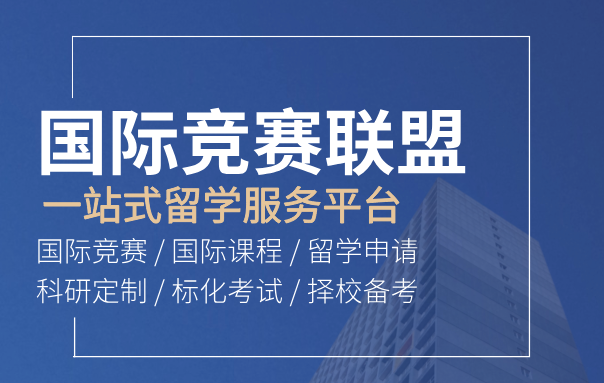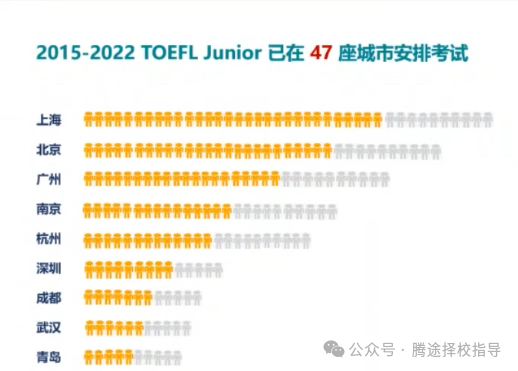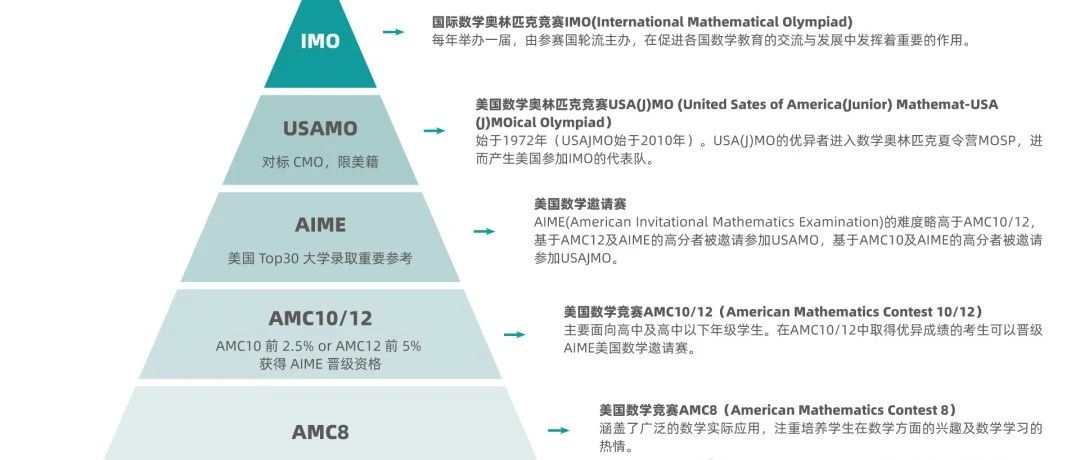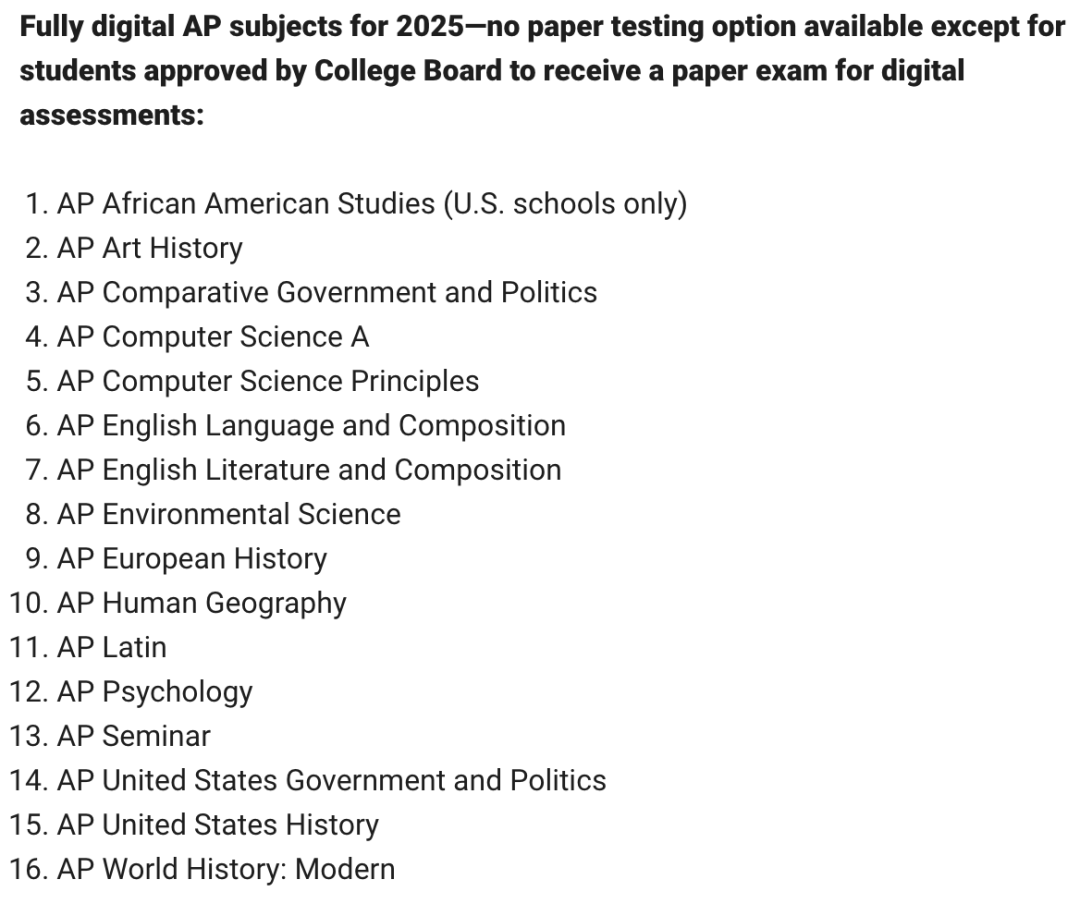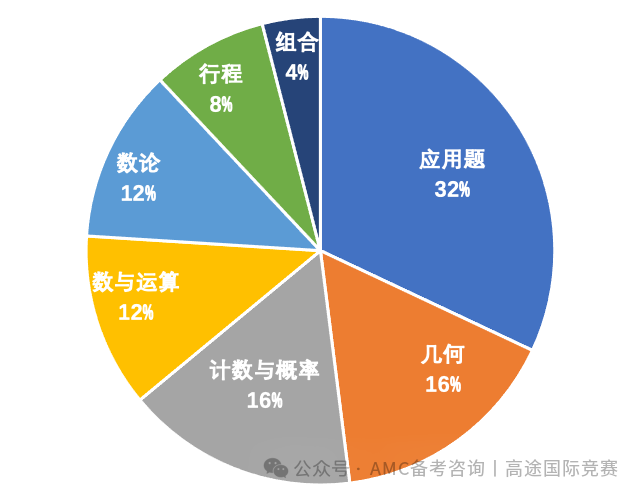2024 NHSDLC 年度冠军赛 &线上全国邀请赛 暑期辩题投票 今日正式开启!
今年的候选辩题依然十分精彩: 近几年持续热议的AI话题再次入围 还有年初冬季2选1的“沧海遗珠”
以及更多环境、政治、经济相关的话题
在此衷心感谢
所有参与辩题提名的同学、教练和裁判们
相信本次冠军赛的辩题能够带领大家 开启一段酣畅淋漓的思辨之旅!
即日(5月21日)起,NHSDLC组委会将为辩手们开启2024年度冠军赛&线上全国邀请赛辩题投票通道。每人限1票。投票结束后,组委会将会进行票数核实与统计,并于6月7日通过官方公众号公布投票结果。
■ 投票时间:5月21日 - 6月6日
■ 投票方式:各位辩手可以通过本文末二维码或官方公众号菜单参与投票。
■ 投票须知:一人限投一次,不同投票渠道不重复计票。
下面来具体看看本次的候选辩题吧~
#1、政治U.S. Politics
Resolved: The United States should end qualified immunity for Law Enforcement Officers.
美国应终止执法人员的有条件豁免权。
A legal topic with major implications for minorities in the U.S., this resolution examines protections afforded to police officers. It highlights questions of racism and police violence against people of color.
Pro teams will argue that qualified immunity leads to impunity for misconduct by police officers. Lack of accountability makes it more likely that officers break the rules in the future. This denies justice to the victims of police violence. Civil lawsuits could now be brought against those officers accused of crimes. Such a move may restore trust in law enforcement officers.
Con teams have two diverging paths to counter the resolution. Teams could take a more conservative approach that defends qualified immunity. Recruitment and retention of police officer would be more difficult in a world without qualified immunity. Officers could face major financial burdens from civil lawsuits against them. Ending qualified immunity might also make the job more dangerous, creating doubt in the minds of officers when they respond in dangerous situations.
Alternatively, some debaters might opt for more radical arguments that attack the larger institutions and structures of law enforcement and government. Critiques of anti-blackness popular in policy debate and Lincoln-Douglas could be an option. Movements in support of defunding the police might link to the topic as well.
#2、经济Economics
Resolved: Developments in artificial intelligence necessitate the implementation of a universal basic income (UBI).
人工智能的发展使全民基本收入成为必要。

Plenty of literature is available on both universal basic income (UBI) and the capabilities of AI. With prominent AI scientists like Geoffrey Hinton and politicians advocating for the adoption of UBI, alongside other figures advocating against it, the topic is both timely and rich in terms of literature.
Pro teams will argue that AI-driven automation threatens to disrupt traditional employment models on an unprecedented scale. As machines become increasingly capable of performing tasks previously reserved for humans, there is a risk of widespread job displacement. A UBI is seen as a necessary safeguard to ensure economic stability and alleviate poverty in the face of this disruption. By providing all citizens with a guaranteed income, regardless of employment status, a UBI can mitigate the adverse effects of job loss and enable individuals to pursue retraining, education, or entrepreneurship without financial hardship.
Conversely, con teams may contend that such a policy is unnecessary or even counterproductive. They may argue that technological innovation has historically led to the creation of new job opportunities, and AI will be no exception. Instead of preemptively implementing a UBI, efforts should be focused on supporting workforce development initiatives, promoting entrepreneurship, and ensuring that individuals have access to the skills needed to thrive in a changing labor market. Additionally, concerns may be raised about the feasibility and affordability of implementing a UBI, particularly in the context of other pressing societal needs.
In this debate, both sides must grapple with complex questions about the future of work, economic inequality, and the role of government in addressing societal challenges. While the Pro side emphasize its potential to provide a safety net in the face of AI-driven disruptions, opponents may argue for alternative approaches to support individuals and communities through periods of transition. Ultimately, the resolution prompts a broader discussion about how society can harness the benefits of AI while ensuring that no one is left behind in the process.
#3政治Politics
Resolved: Brazil should prioritize environmental protection over economic development.
巴西联邦共和国应将环境保护置于经济发展之上。
A classic public forum debate topic on the conflict between environmental protection and economic development is back, but this time with Brazil as the actor. The community last debated this area in April 2014 with a resolution about India. While many general economic and environmental arguments are still applicable, relocating the debate to Brazil will bring new arguments and impacts to the resolution.
Pro teams will likely focus on the importance of environmental protection to preserve unique hot spots of biodiversity in Brazil, which extend beyond the well-known Amazon rainforest. The environmental conditions in these areas are important not only to the natural environment due to the interconnection of species, but also to the human populations that live on the resources provided by these regions. In addition to the environmental and human survival implications of degradation, pro teams must argue that poor environmental conditions are bad for the economy. Millions of Brazilians depend on natural ecosystems for their jobs, while the externalized costs of environmental damage drag down Brazil’s economy. Tourists are attracted to Brazil largely due to its environment.
On the other hand, con teams will focus on the importance of economic development for Brazil’s overall well-being. With roughly 1/3 of its citizens living in poverty, many Brazilians still struggle with meeting the needs of everyday life. With socio-economic issues that are connected to poverty like drugs and organized crime affecting the nation, Brazil’s economic development could be a solution.
Con teams will also argue that economic development is a pre-requisite to environmental protection. Poverty is also connected to poor environmental practices, while the most environmentally friendly technologies are still only affordable to the rich. Governments need a strong economy to provide them with a budget to enforce environmental regulations.
#4政治European Politics
Resolved: The benefits of European Union enlargement outweigh the harms.
欧盟扩大利大于弊。
An alternate actor resolution that requires students to adopt the viewpoint of the European Union to determine if expansion of membership is beneficial. Debaters will identify the likely candidates for membership and discuss the general and/or specific pros and cons of inclusion.
Pro teams could pick from contentions centered on economic growth that comes from new consumers, labor, and resources joining the EU. Political stability might be improved with democratic and rule of law requirements for member countries. The influence and soft power of the EU likely grows as new members join.
Con teams could focus the debate on the importance of national sovereignty lost by member states that are forced to harmonize with the EU. The uneven economic burdens of each nation could also be a point of attack, with wealthier EU nations contributing more than others. Finally, the overall efficient and effectiveness of the EU will be questioned.
Specific contentions for the pro and con that relate to potential new members will be strategic. Albania, Bosnia-Herzegovina, Georgia, Kosovo, Moldova, Montenegro, North Macedonia, Serbia, Turkey, and the Ukraine are potential member states that could be discussed. Pro and con teams are also likely to battle on the reasons for Brexit.
#5环境Environment
Resolved: Carbon-intensive countries have a moral obligation to accept refugees displaced by climate change.
碳排放密集型国家在道义上有义务接收因气候变化而流离失所的难民。
An interesting twist on traditional debates over climate change, this resolution forces debaters to examine the record of greenhouse gas emissions and the question of responsibility for their consequences.Framing the resolution in terms of morality also introduces a new element to common climate impacts.
Pro teams will likely trace historical rates of emissions to developed countries and argue they share the brunt of the responsibility for the effects of climate change.They must win that climate change is displacing people now, and that developed countries have an ethical responsibility to take them in. Moral obligations could stem from the act of releasing greenhouse gases but could also be tied to the effects of climate change.
Con teams have a few paths to victory.First, they could try to challenge the historical record of emissions, perhaps arguing that current emissions from developing countries are greater than past emissions from developed countries.Second, they could challenge the displacement of individuals by climate change, arguing that the current numbers are insignificant. Third, they could argue that accepting climate refugees would be immoral since it holds present generations responsible for the emissions of previous generations.
Some teams will likely try to avoid the history debate and instead focus on countries that are currently releasing carbon.Framing the debate in terms of present emissions may avoid some of potential arguments, but risk minimizing the responsibility of those countries.
投票方式
大家可以通过扫描下方二维码进行投票,也可以在NHSDLC官方公众号的菜单栏“联赛指南-赛季辩题”内找到投票通道。一人限投一次,无需重复投票哦~
2024NHSDLC暑期项目时间线








